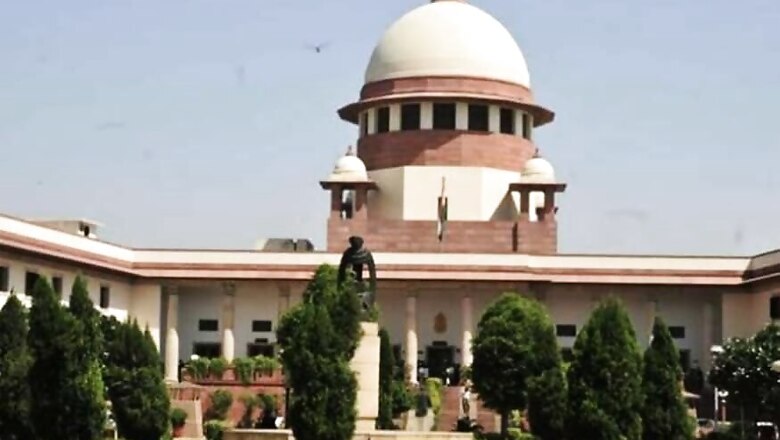
views
New Delhi: Even as it chose not to examine issues relating to violence in the national capital, the Supreme Court made adverse comments against the Delhi Police, questioning its professionalism and independence.
Justice KM Joseph said he would be failing in discharging his constitutional duties if he does not comment on how the police let instigators get away. On the other hand, his senior colleague on the bench, Justice Sanjay K Kaul, said observations by the bench are only for the purpose of discussing a matter and what really matters is their final order.
In the final order on Wednesday, the bench adjourned the bunch of cases relating to protests at Shaheen Bagh to March 23 while leaving it to the Delhi High Court to examine matters relating to clashes in Delhi.
When the hearing commenced, Justice Kaul began by making it clear that the bench would not expand the scope of these petitions and will look at only the legality of the protests at Shaheen Bagh. "We don't want to take up things which were not part of the original petition," said the judge.
The bench was then informed that the Delhi High Court has already taken up this matter and also passed some order Tuesday night. The court then disposed of the fresh applications, seeking intervention of the apex court in the wake of outbreak of violence in the last two days.
About the cases pertaining to Shaheen Bagh protests, Justice Kaul preferred to defer the hearing as he observed that "environment is not conducive" to hear this matter and "sanity has to be maintained by everyone when a matter is to be heard."
Mehta said it is in the discretion of the court to decide about hearing a case. “But a message should not go that the environment should be deliberately kept not conducive to prevent this court from hearing," he added.
At this point, Justice Joseph said he would also want to say something but the law officer retorted that if the environment is not conducive to hear the case at present, it may not be conducive to make any observation too.
Justice Joseph, however, said he would be failing in discharge of his constitutional duties if he doesn't make some observations.
The judge then criticised the police. "The problem is lack of professionalisation of police... and their lack of independence. If the police acts completely in accordance with the law, many of these problems won't take place," he said.
Justice Joseph added: "In UK, if someone makes an inflammatory remark, police will swing into action. They will not wait for orders from anyone. But here the police let the instigators get away."
Mehta raised strong objections to these statements. "I must also inform this court that one of the policemen has lost his life by a private bullet. One of our DCPs is critical after he was lynched. He is on a ventilator. It is a completely different scenario when you are in the midst of a riot," said the law officer.
But Justice Joseph kept firm. “More than 13 persons have died and this is a very serious matter," emphasised the judge.
At this, Justice Kaul too intervened, saying there is no doubt that what has happened is unfortunate and "this is not the way a society should behave”.
On protests at Shaheen Bagh, Justice Kaul said he has already observed that protests on public streets for an indefinite period isn't permissible but the court was thinking out of the box when it decided to send Interlocutors. "Our attempt may or may not succeed but we were trying something out of the box," he said.
“Administration will determine who is responsible for all this but we don't want to say anything at this stage. Let everything cool down first," said Justice Kaul while deferring the hearing to March 23.
As Mehta said observations made by the bench should not impact the proceedings in the High Court, Justice Kaul said what is important is the court order and not the observations.
“We may say a lot of things when we discuss a matter and they all get reported by the press. At times, more than an order, our observations get reported but you all know, our final view is what we record in our orders," clarified Justice Kaul.











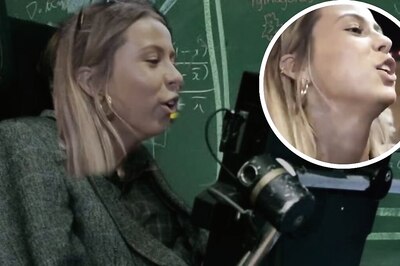



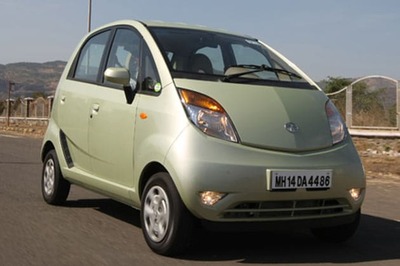
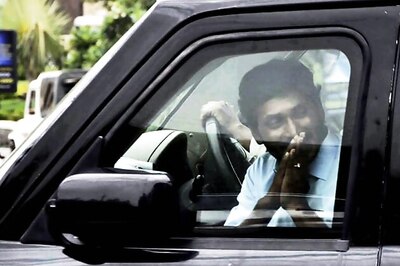
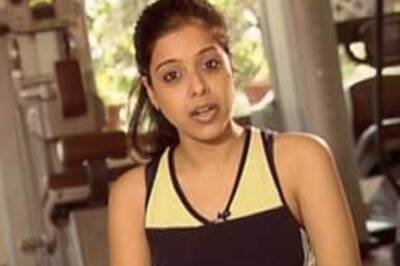
Comments
0 comment